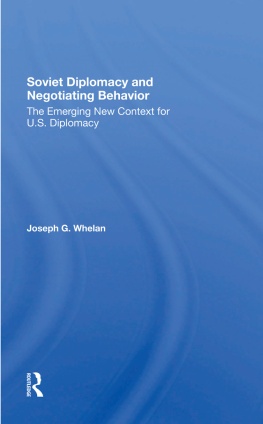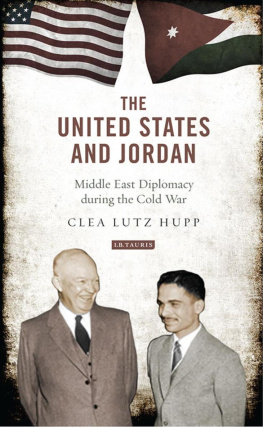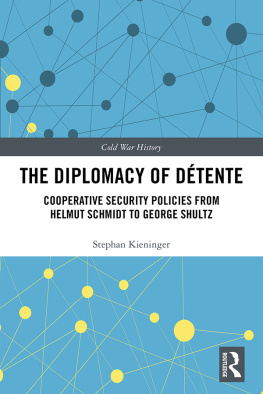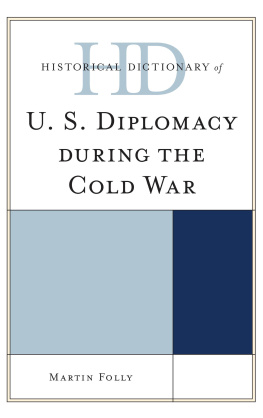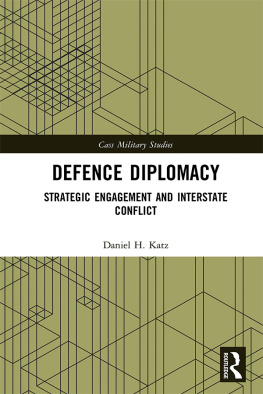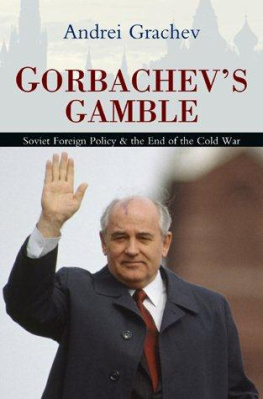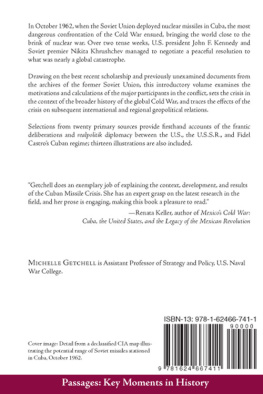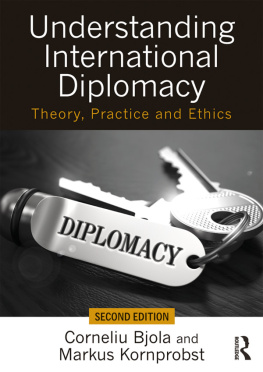Soviet Diplomacy and Negotiating Behavior
About the Book and Author
"The foreign affairs book of the season ... an absorbing review of the nitty-gritty of Soviet-American diplomacy over the years."
Stephen S. Rosenfeld,
The Washington Post
"Vast in its historical sweep.... Focusing on the period since the Bolshevik Revolution, Whelan stresses five themes: the nature of negotiating behavior, its principal characteristics, elements contributing to its formation, aspects of continuity and change during more than 60 years, and the implications of the record for U.S. foreign policy in the 1980s.
"The bulk of the book traces Soviet diplomacy under Chicherin and Litvinov, the enormously complex and detailed wartime conferences with Stalin, the descent into the cold war, the transition to peaceful coexistence with Nikita Krushchev (including fascinating details on the Cuban Missile Crisis), peaceful coexistence with Leonid Brezhnev (including extensive chronological analysis of the SALT process) and finally, judgements about how U.S. policy should be informed in future un- dertakings with the Soviets."
Nish Jamgotch, Jr.,
The American Political Science Review
Joseph G. Whelan is a senior specialist in international affairs, Senior Specialist Division, Congressional Research Service, Library of Congress.
Soviet Diplomacy and Negotiating Behavior
The Emerging New Context for U.S. Diplomacy
Joseph G. Whelan
The controversial style, tactics, and motivations of Soviet negotiators has long been the subject of debate Mid discussion. In fact, the effect of Soviet negotiating behavior on the SALT II Treaty has already figured prominently in the congressional debate on the merits of that agreement.
For these and other reasons the Committee on Foreign Affairs requested Dr. Joseph G. Whelan, senior specialist in international affairs of the Congressional Research Service of the Library of Congress, to conduct a comprehensive study of the issue.
Many previous studies have analyzed Soviet diplomacy in the context of single negotiating encounters. This study takes a broader and more exhaustive approach. From a historical perspective, which makes the Soviet period more meaningful, it systematically analyzes Russian negotiating behavior in terms of its principal characteristics, trends of continuity and change, and influences contributing to its formationincluding the traditional Russian obsession with national security.
Central to the study is its analyses of the implications of the Soviet approach to diplomacy and negotiation for U.S. foreign policy. These implications are explored with hypotheses offered as to the future style and motives of the Soviets.
In commissioning the study, it was hoped that it would provide valuable insights to U.S. negotiators in their present and future negotiations as to the motivations, concerns, and reasons for the operating style of their Soviet counterparts.
In conclusion, the study emphasizes that the unique character and motivation of Soviet negotiating behavior should not be considered a deterrent to negotiations on the widest possible front of mutual concerns. While painstakingly developing the evolution of Soviet negotiating behavior and emphasizing its different characteristics, the study appropriately emphasizes the vital role negotiations with the Soviet Union will play with respect to prospects for a stable international order:
Diplomacy and negotiations have always had a special value for Americans. They have encompassed the national experience from the earliest days of the Republic, as a means of averting war and settling disputes with its English and Spanish neighbors and with other nations on the larger international stage since the turn of the century; as a mechanism for national territorial expansion as in the Louisiana Purchase, the Transcontinental Treaty, and the Alaska Cession; and for maintaining the lifeblood of the Nation by establishing harmonious commercial relationships with the nations of the world. Diplomacy and negotiations are thus firmly placed in the Nation's historical tradition.
In U.S. relations with the Soviet Union diplomacy and negotiations take on an even more special value because they provide the only device for bringing rationality into the management of a relationship that is fraught with great complexities end high risks. Consider a relationship in the 1980's without diplomacy and negotiations and the consequent risks to the Nation's security of a Soviet Russia as it was in Stalin's postwar era: a total breakdown in communications; a debasement of diplomacy, and a resort to negotiations by semaphore in the manner of that ending the Berlin blockade as the only means for resolving grave disputes.
In the nuclear age, diplomacy and negotiations take on a new meaning, and, indeed, a sew imperative for both the United States and the Soviet Union. For they provide the vital mechanism for survival.
The Committee on Foreign Affairs recognises that crucial foreign affairs issues, complex in nature and with far-reaching significance to U.S. national security, require superior scholarly understanding as a foundation on which workable solutions can be based. Accordingly, the committee has undertaken to establish a "Special Studies Series on Foreign Affairs Issues." Studies in the series will be published periodically and only on conspicuously significant subjects matched by equally distinguished work. The superior quality of Dr. Whelan's study has earned it the notable distinction of being the first in that series.
The material and findings contained herein are the work of the Congressional Research Service. While coordinated with the Committee on Foreign Affairs, the material and findings do not necessarily represent the views of the Committee on Foreign Affairs or its members.
CLEMENT J. ZABLOCKI, Chairman,
Committee on, Foreign Affairs.
First published 1983 by Westview Press
Published 2019 by Routledge
52 Vanderbilt Avenue, New York, NY 10017
2 Park Square, Milton Park, Abingdon, Oxon OX14 4RN
Routledge is an imprint of the Taylor & Francis Group, an informa business
Copyright 1983 by Taylor & Francis
All rights reserved. No part of this book may be reprinted or reproduced or utilised in any form or by any electronic, mechanical, or other means, now known or hereafter invented, including photocopying and recording, or in any information storage or retrieval system, without permission in writing from the publishers.
Notice:
Product or corporate names may be trademarks or registered trademarks, and are used only for identification and explanation without intent to infringe.
Library of Congress Catalog Card Number: 82-083817
ISBN 13: 978-0-367-28818-1 (hbk)
Contents
The author of this stud? wishes to express his personal gratitude and that of the Congressional Research Service to:
- Hon. Jacob D. Beam, career diplomat, and former U.S. Ambassador to Czechoslovakia, Poland, and the Soviet Union, foi his kindness in granting an interview which along with his new diplomatic memoir, "Multiple Exposure," provided significant insights into Soviet behavior and the Soviet-American relationship;
- Hon. Helmut Sonnenfeldt, former Senior Member of the National Security Council and Counselor in the State Department for an interview on a wide range of aspects of Soviet American relations, drawing from his personal experience and knowledge as a scholar in Soviet affairs, which, along with his most recent writings, provided penetrating and comprehensive insights into Soviet diplomacy;

